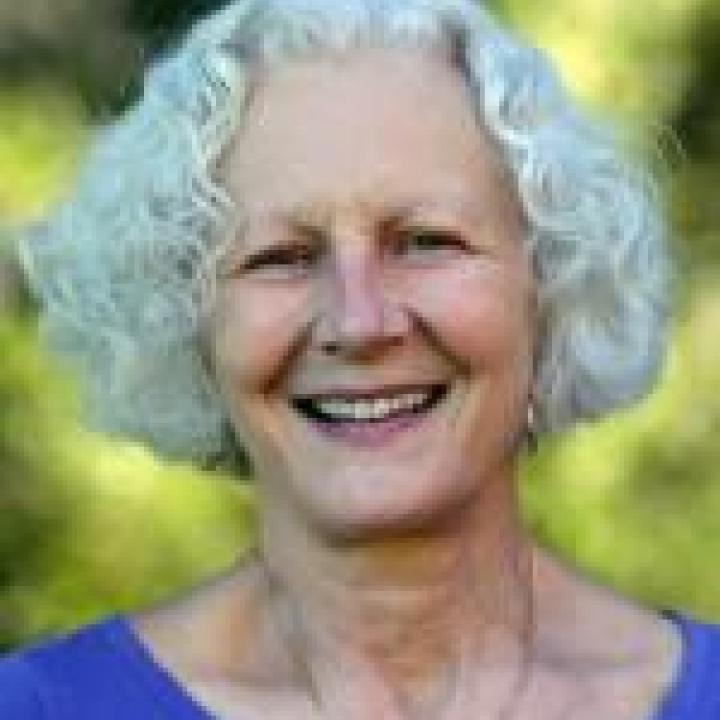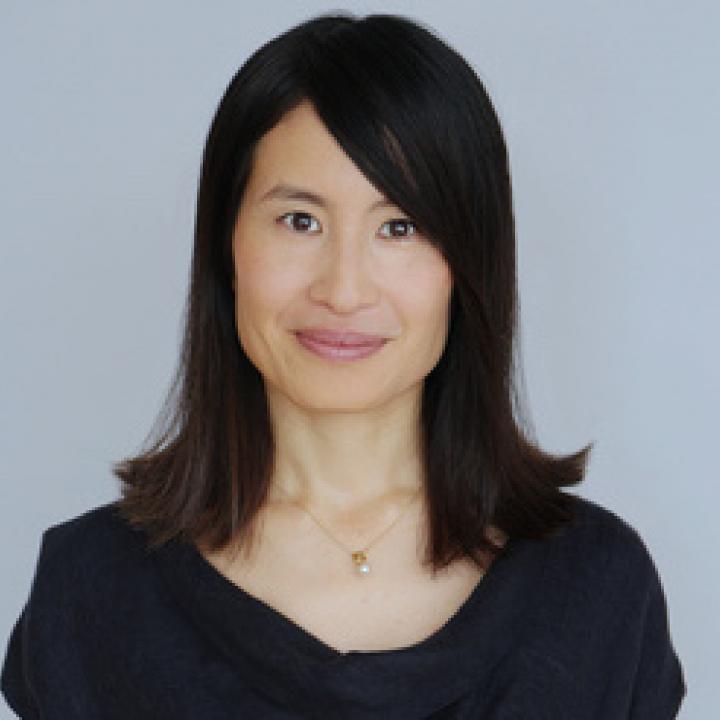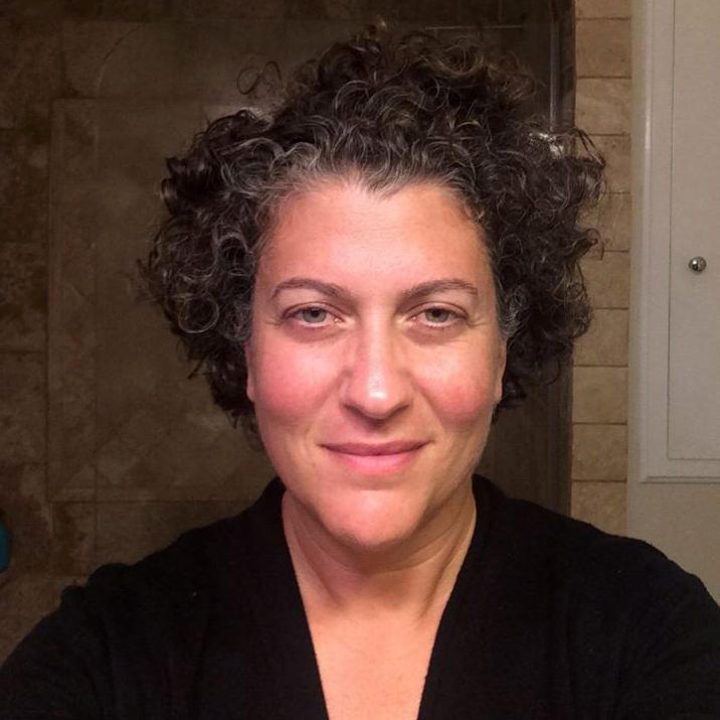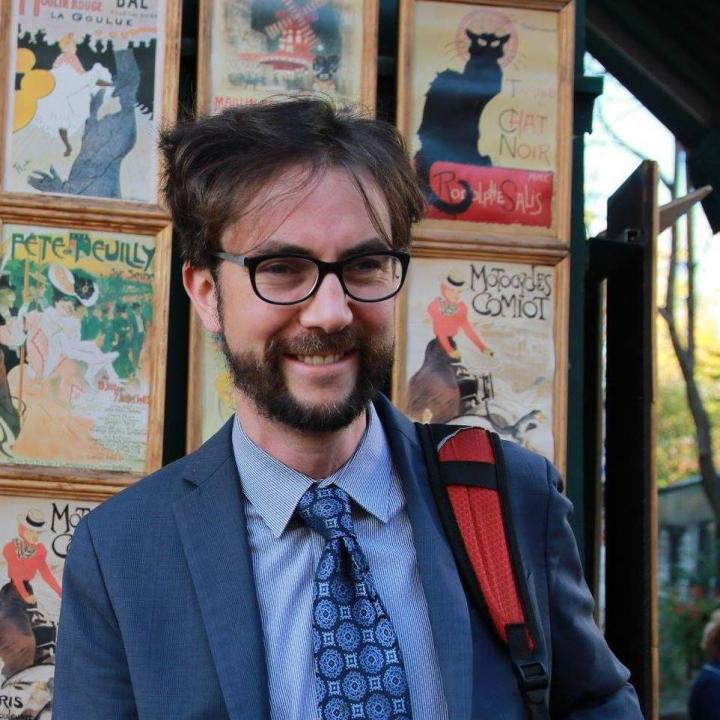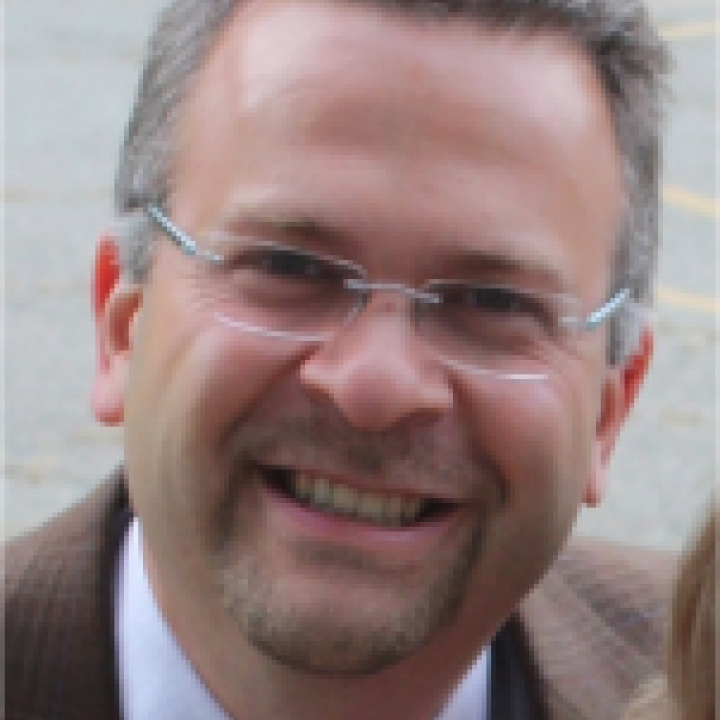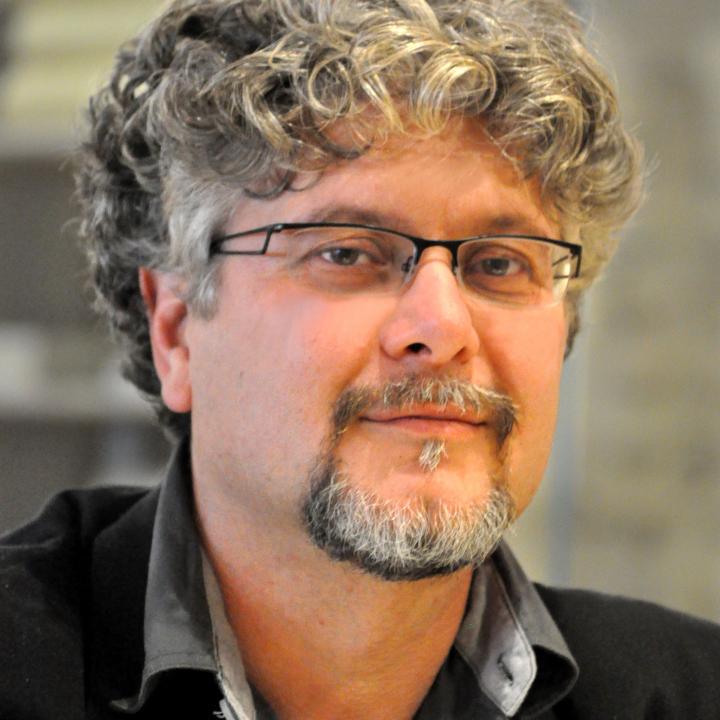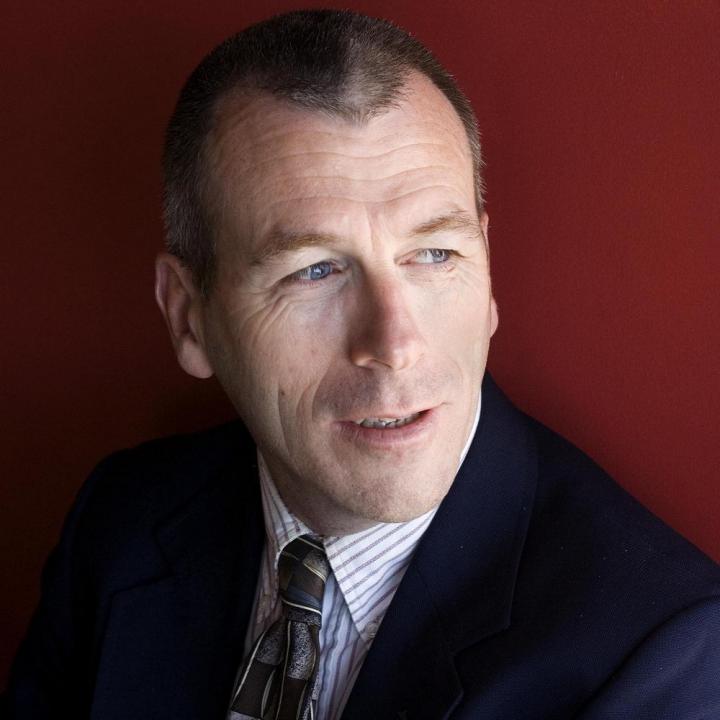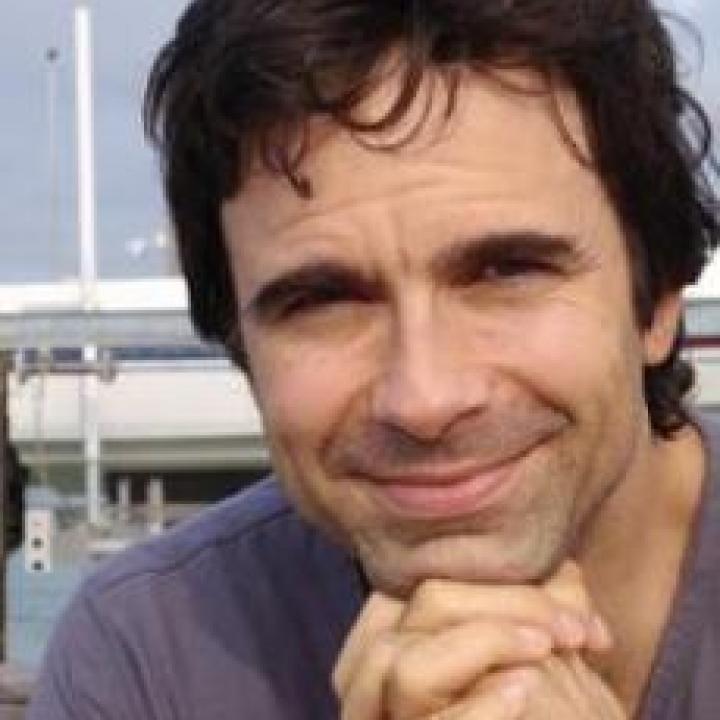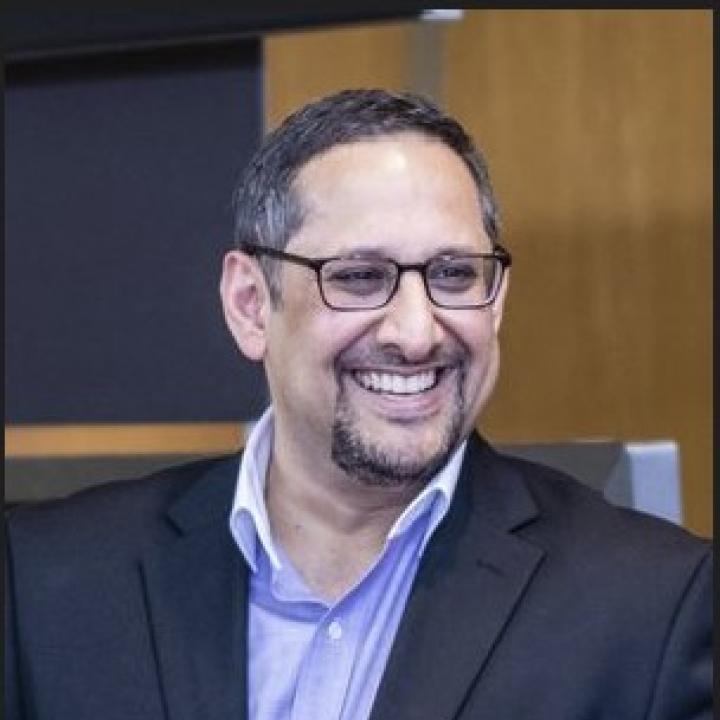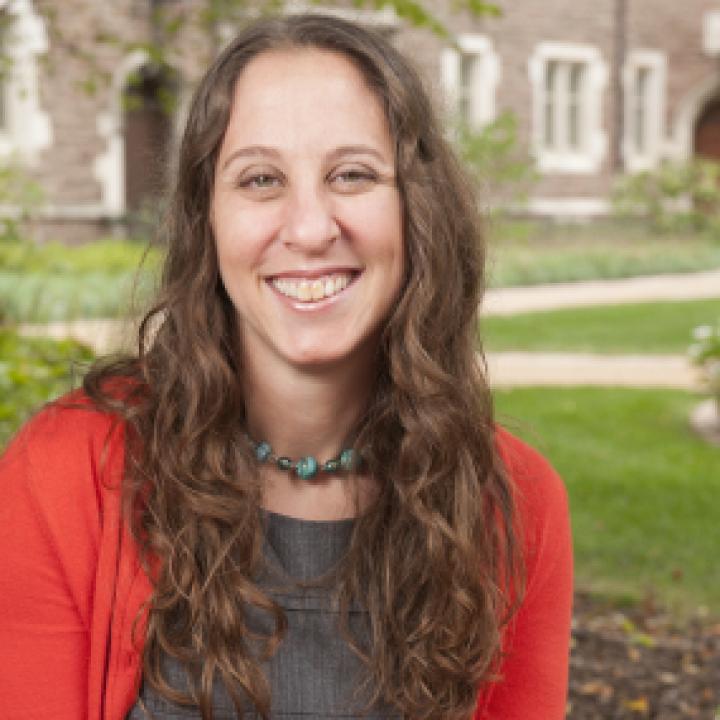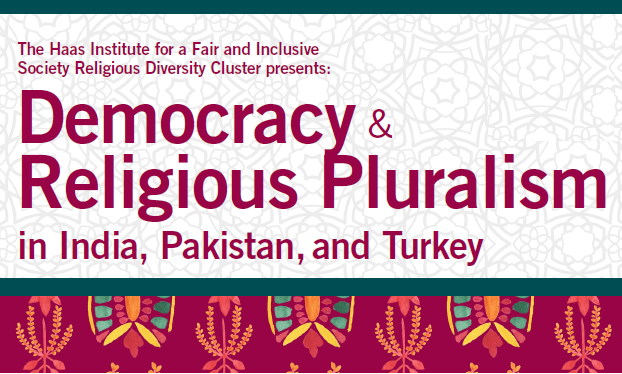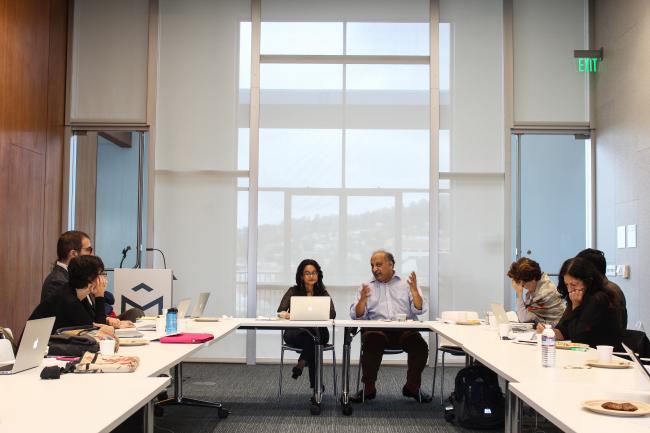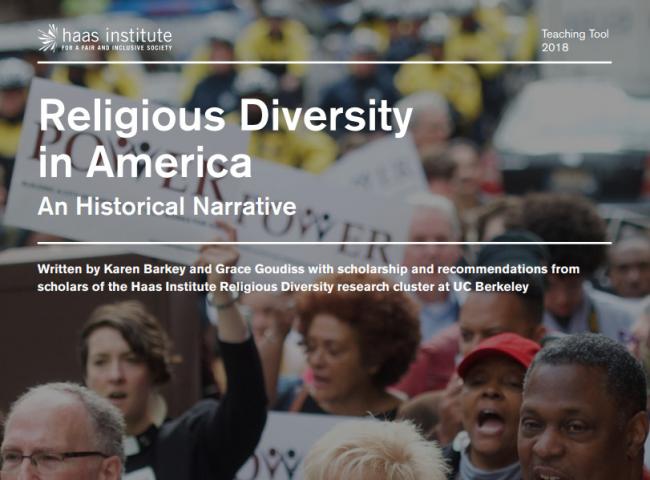The Religious Diversity Cluster is comprised of faculty interested in historical and comparative study of the role of religion, religious pluralism and toleration in public life across different regions of the world. More specifically, our work is united around two key questions: How do social and political institutions create or inhibit religious diversity and pluralism? And, How does religious diversity affect political and social institutions, religious tolerance in society, and legal and cultural inclusion of religious minorities? We therefore also pay attention to the diversity of religious doctrines, meanings, practices, and membership and compare religious diversity across places, times, and cultures.
We hope to grow and develop further to include psychological, cognitive, social, linguistic, or neurophysiological studies of the sources of diverse religious feelings, beliefs, and identities and of the determinants of tolerance (or intolerance) for this religious diversity.
